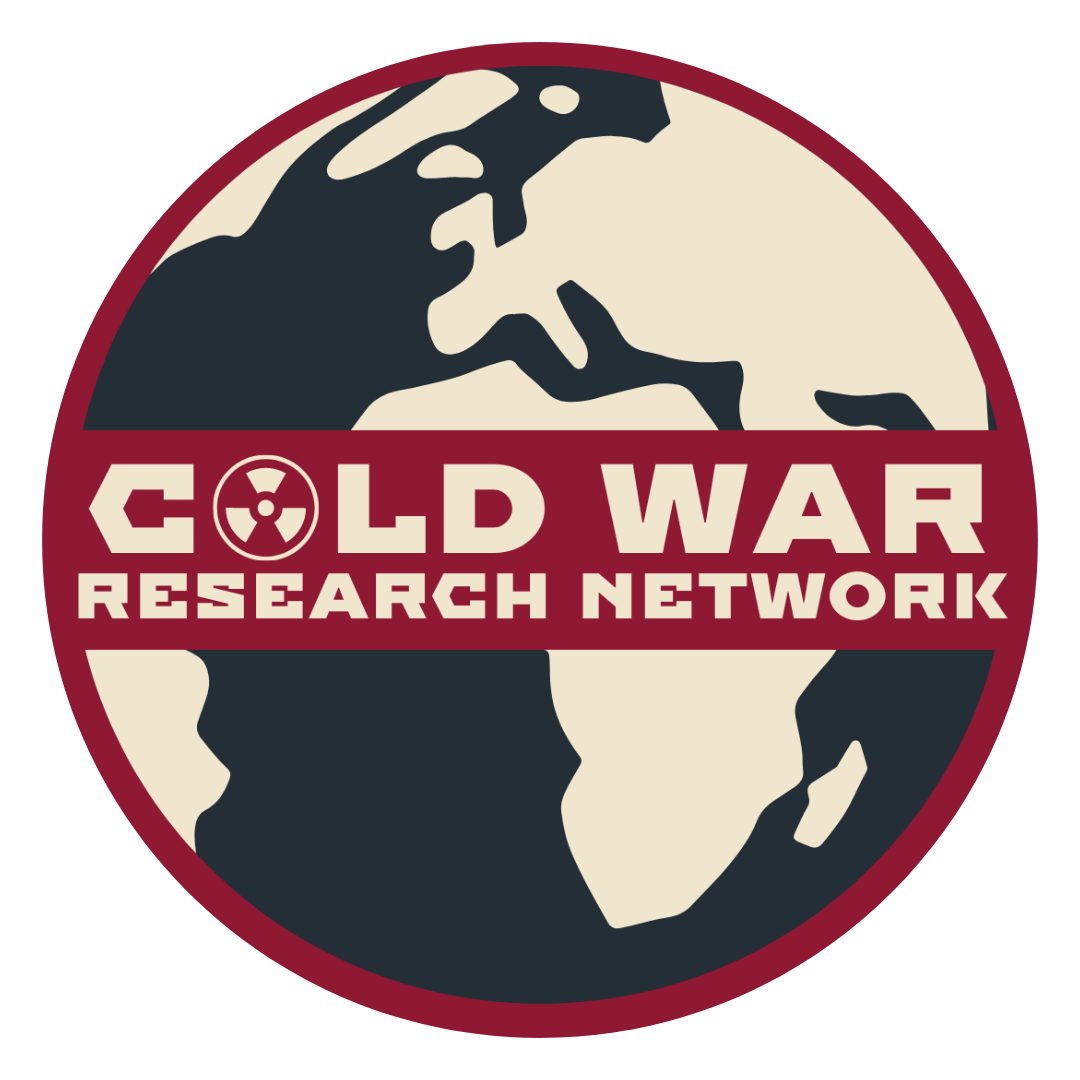Workshop: 80 Years of Peace in Europe?
80 Years of Peace in Europe?
Staff of Leiden University’s MA International Relations (MAIR) and MA European Politics and Society (EPS), in collaboration with the Cold War Research Network (CWRN), invite you to a two-day event organised to commemorate the 80th anniversary of the end of World War II in Europe.
On the evening of Thursday 15 May, a public discussion will take place in The Hague on the war and its aftermath, providing an opportunity to reflect on lessons from the past given the current circumstances we face. Following opening remarks from the speakers, the floor will be open to questions from the audience.
This will be followed on Friday 16 May by a one-day academic workshop held in Leiden designed to explore in more detail three epochs: World War II itself, its consequences during the Cold War, and the building of post-Cold War international order. A final panel will conclude with a discussion on our understanding of WWII and the Cold War from the perspective of today.
Those interested – whether members of the public, scholars or students of any university – are warmly welcome to attend both days. There is no associated cost but registration is essential. Please see below for details of Thursday’s public event and attached for Friday’s workshop.
Public event: Thursday 15 May 2025, 17.15–19.00
Wijnhaven building, room 2.01, Leiden University (Campus Den Haag)
To register, see: https://www.universiteitleiden.nl/en/events/2025/05/80-years-of-peace-in-europe
May 2025 marks the 80th anniversary of the end of the Second World War in Europe, followed later by the end of the Pacific War. For many in 1945, this was a time of great hope and the imagining of a different world. The idealism of the League Nations gave way to the creation of the United Nations. The Nuremberg Trials signalled that human rights would matter as much as the sovereignty of states. Power would be made subordinate to law, people’s right to self-determination would be both recognised and realised. Once warring states would turn to international organisations rather than war to settle their differences. Sitting alongside these expectations was the reality of the Cold War world, fragmented beyond a mere East-West axis, a reminder that states still sought power and control over others. The fall of the Berlin Wall in 1989 and the collapse of the Soviet Union in 1991 were again greeted with proclamations of a new world order, the human rights agenda elevated further. Fast forward to today and many of the assumptions and much that was built from 1945 are being questioned, even dismantled. In this roundtable, speakers will reflect on where we are now and how we got here.
Introduction
- Dr Matt Broad
Moderator
- Dr Maxine David
Speakers
- Dr Laurien Crump, Radboud University, Nijmegen
- Dr Daniel Schade, Institute for History, Leiden University
- Dr Vineet Thakur, Institute for History, Leiden University
- Dr Jue Wang, LIAS, Leiden University
More information about Friday’s workshop can be found here
Workshop: Friday 16 May 2025, 09:00–17:45
Luipsius building, room 2.06, Leiden University (Campus Leiden)
Back

